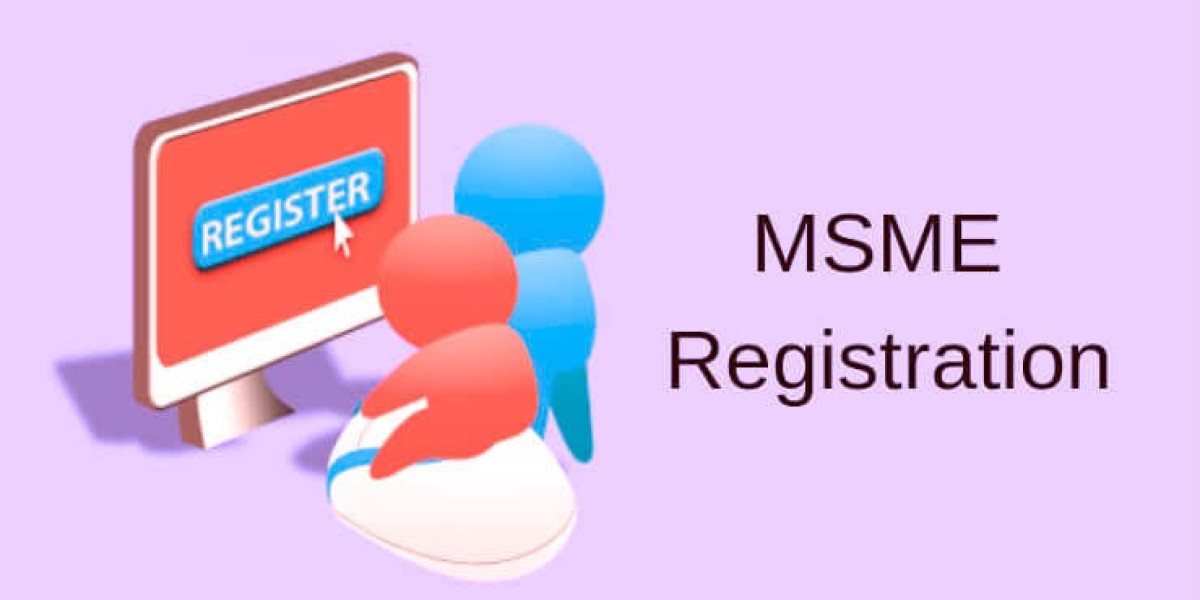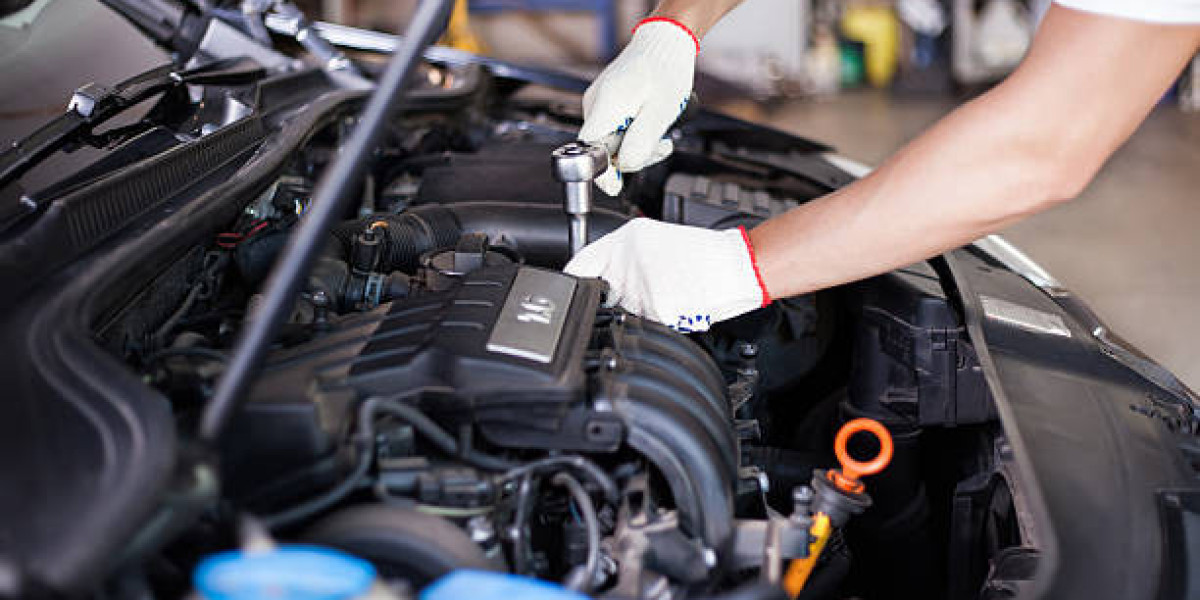Getting ready for GST registration can feel overwhelming. However, with the right information and documents, you can make the process smoother. This guide will help you prepare by detailing the necessary GST registration documents and related registrations like MSME registration and Import Export Code Registration.
Understanding GST Registration
Before diving into the specifics, let’s clarify what GST registration is. GST, or Goods and Services Tax, is a tax levied on the supply of goods and services. If your business meets certain criteria, you must register for GST. Understanding the importance of registration can simplify your business operations and ensure compliance with tax laws.
Key GST Registration Documents
To register for GST, you need specific documents. Having these documents ready will save time and avoid delays. Here’s a list of essential GST registration documents:
- PAN Card: The Permanent Account Number (PAN) of the business or individual is mandatory.
- Aadhaar Card: This is necessary for individuals or partners in a partnership firm.
- Business Registration Document: You need to provide proof of your business structure. This could be a partnership deed, certificate of incorporation, or business license.
- Address Proof: This can be a utility bill, rental agreement, or property deed. It should clearly show the business address.
- Bank Account Statement: A recent bank statement with the account number and name will be required.
- Digital Signature: This is necessary for companies and LLPs to sign the application electronically.
- Photographs: Passport-sized photographs of the applicant are typically required.
Having these documents in order can streamline your registration process significantly.
MSME Registration and Its Importance
If you are a small or medium-sized enterprise, consider getting MSME registration. This registration not only helps you access various government schemes but also makes your GST registration process smoother. The documents required for MSME registration overlap with those needed for GST registration, making it more efficient.
To register as an MSME, you usually need the following documents:
- Aadhar Card
- PAN Card
- Business Registration Document
- Bank Account Statement
Completing your MSME registration first can set a solid foundation for your GST registration.
Import Export Code Registration
For businesses involved in international trade, Import Export Code Registration is essential. This registration allows you to import goods into India or export goods outside. Like GST and MSME registration, having the necessary documents ready is crucial.
Here’s what you need for Import Export Code Registration:
- PAN Card
- Business Registration Document
- Bank Account Statement
- Identity and Address Proof of the applicant
This registration complements your GST registration. It enables your business to expand its market reach and comply with international trade regulations.
Preparing Your Documents with TaxLegit
Navigating the registration processes can be daunting, but services like TaxLegit can help simplify it. TaxLegit offers guidance on gathering the required GST registration documents, MSME registration, and Import Export Code Registration. They provide step-by-step assistance to ensure you have all the necessary paperwork in order.
Using TaxLegit’s services can speed up your registration. They keep you informed about any changes in regulations and help maintain compliance.
Final Steps in Document Preparation
After gathering all required documents, take the time to review them. Make sure all information is accurate and matches your business records. A single error can lead to delays or rejection of your application.
Here’s a quick checklist for final preparation:
- Ensure all documents are current and valid.
- Check for discrepancies in names or addresses.
- Verify that your bank statement clearly shows your business transactions.
- Confirm that digital signatures are valid if required.
Once everything is in order, you can proceed with the registration process.
Submitting Your Application
With all GST registration documents prepared and verified, you can now submit your application. Choose the right platform for your submission—this could be the GST portal or through a consultant like TaxLegit. Ensure that you follow the guidelines for uploading documents carefully.
Tracking Your Application
After submission, keep track of your application status. The GST portal allows you to check the progress. If there are any issues, you’ll need to address them promptly to avoid further delays.
Conclusion
Preparing for GST registration doesn't have to be a hassle. By organizing the necessary GST registration documents, and considering MSME registration and Import Export Code Registration, you set yourself up for success. Services like TaxLegit can provide the support you need throughout the process. With careful preparation, you can navigate the registration smoothly and focus on growing your business.



